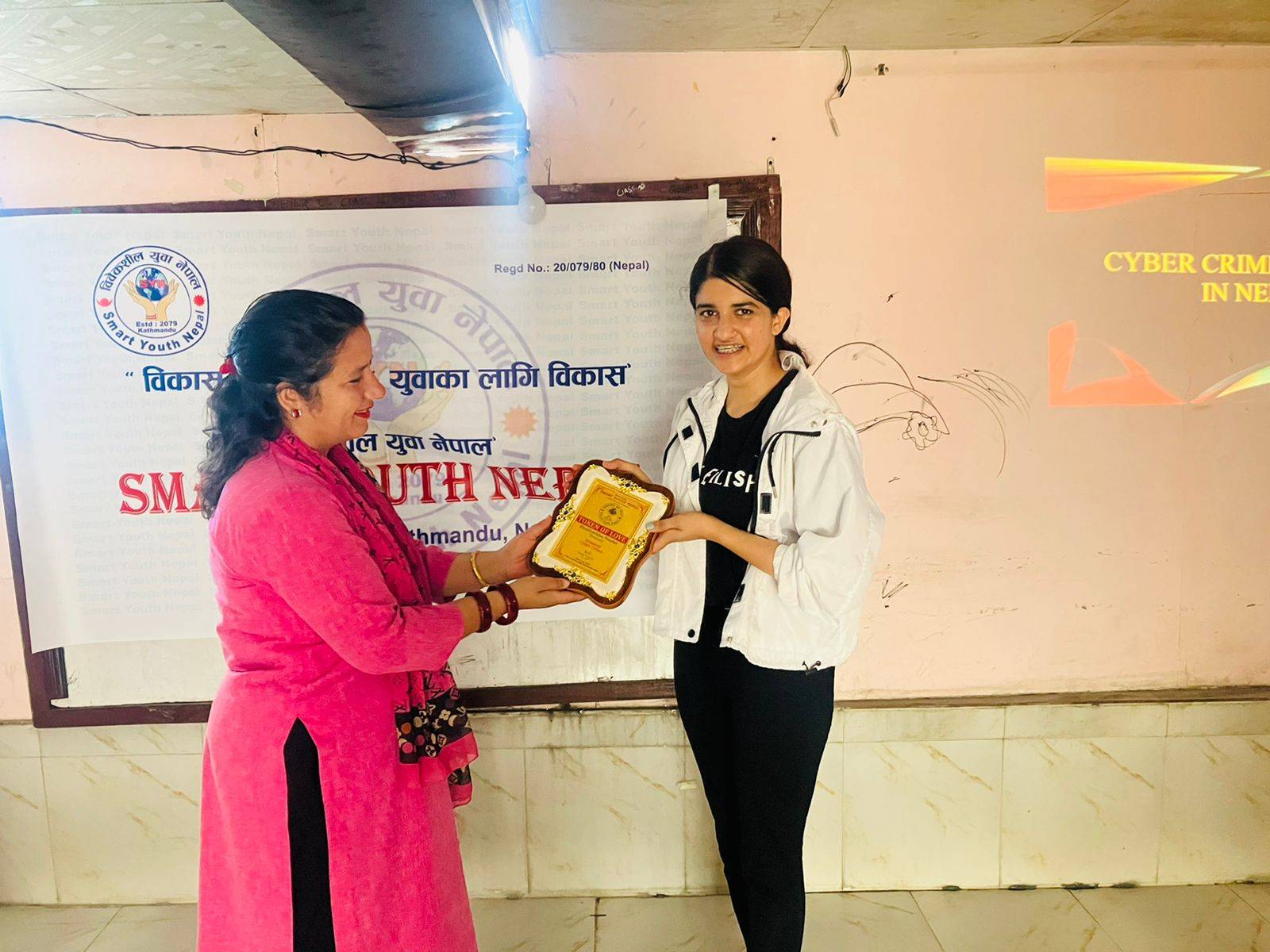
The One-Year Bachelor of Education (B.Ed.) Program is a professional teacher training course designed for individuals who have already completed a bachelor's degree in any discipline. The program equips aspiring educators with the pedagogical knowledge, teaching methodologies, classroom management skills, and educational psychology needed to become effective teachers.
It typically includes both theoretical coursework and practical teaching experiences (like micro-teaching and practice teaching in schools). The curriculum covers foundational subjects such as educational philosophy, psychology, sociology, curriculum and evaluation, and subject-specific teaching methods.
The primary objective of the One-Year B.Ed. Program is to prepare competent, reflective, and socially responsible teachers for secondary and higher secondary education levels.
No old question papers available.
No upcoming events.